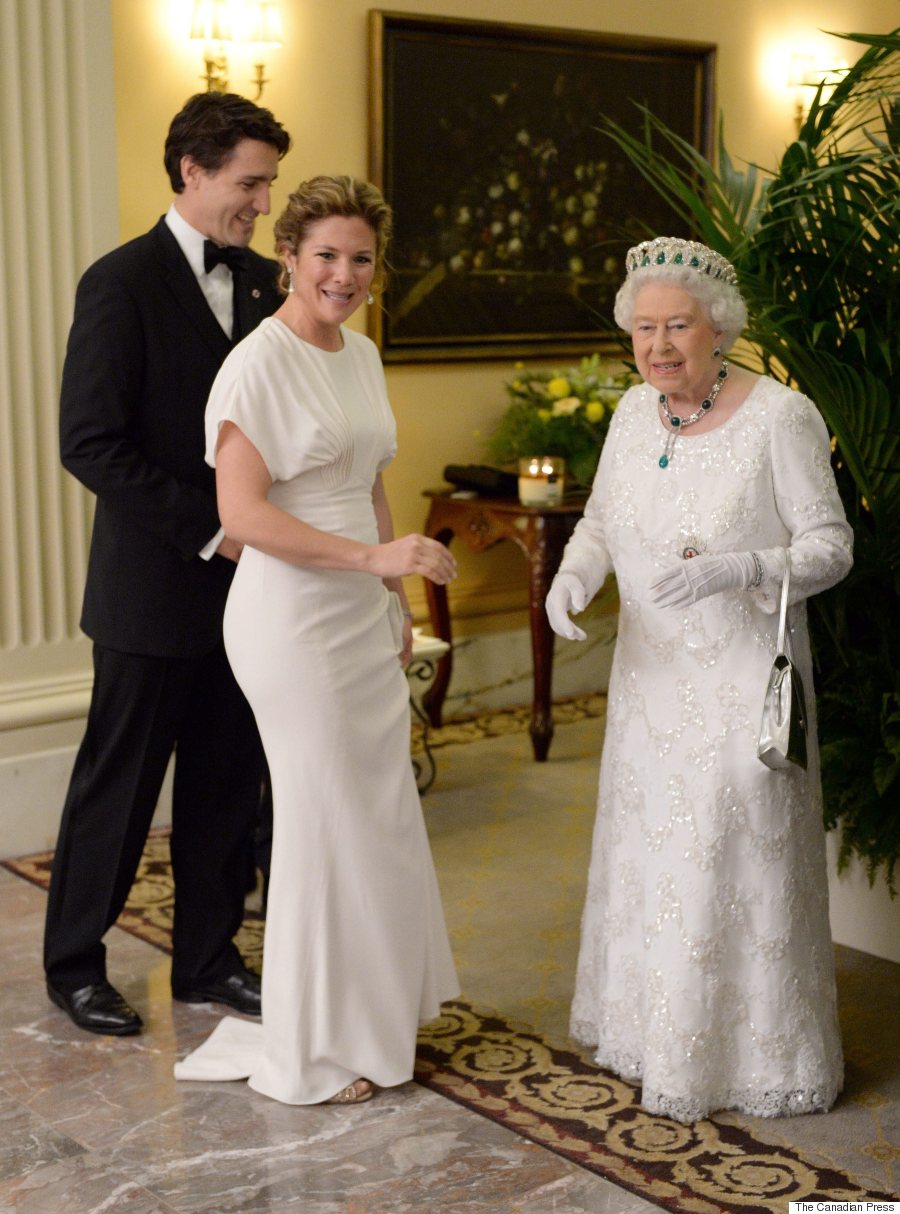Is there more to the story of Canada's most iconic political families than meets the eye? The Trudeaus have long been a subject of fascination for Canadians and global observers alike. From Pierre Elliott Trudeau’s charismatic leadership to his son Justin’s modern approach, the family has consistently captured public imagination. Yet, it is the women behind these leaders—Margaret Sinclair Trudeau and Sophie Grégoire Trudeau—who have added depth and complexity to this narrative. One of the great advantages of being married to a prime minister, as Margaret once quipped, was gaining lifelong access to Whistler. But beyond such lighthearted remarks lies a rich tapestry of personal struggles, triumphs, and contributions that deserve closer examination.
Sophie Grégoire Trudeau, a former model and television host, emerged not merely as the wife of a leader but as an influential advocate in her own right. Her work with organizations like WE Charity and her focus on mental health awareness have cemented her place in Canadian society. In March 2020, she expressed heartfelt sentiments about spending time with both her immediate family and the extended WE family, emphasizing the importance of self-love and compassion toward others. This duality—balancing private life with public service—is something many first ladies grapple with, yet Sophie manages it with grace and authenticity.
| Bio Data & Personal Information | Details |
|---|---|
| Full Name | Sophie Grégoire Trudeau |
| Date of Birth | April 15, 1975 (as per public records) |
| Place of Birth | Gatineau, Quebec, Canada |
| Education | Bachelor’s degree in Business Administration from HEC Montréal |
| Career Before Marriage | Model, TV Host, Public Speaker |
| Spouse | Justin Trudeau (married in 2005) |
| Children | Three: Xavier James Trudeau, Ella-Grace Trudeau, Hadrien Trudeau |
| Professional Focus | Mental Health Advocacy, Women’s Empowerment, Education |
| Notable Works | Author of “Closer Together” (2023), focused on relationships and personal growth |
| Reference Website | Official PMO Website |
As Sophie navigates her role alongside Justin Trudeau, who became Canada's youngest prime minister in decades when he took office in 2015, their relationship remains central to discussions about modern politics. They are often described as a close-knit family unit, prioritizing their children's upbringing amidst the pressures of national leadership. However, recent developments hint at complexities within even the strongest partnerships. Speculation surrounding marital challenges gained traction following certain media reports, though official statements remain scarce.
In her latest memoir, Closer Together, Sophie delves into themes of vulnerability, resilience, and human connection. She reflects on how childhood experiences shape adult relationships, advocating for greater understanding of oneself before extending love outward. As someone deeply invested in mental health initiatives, she encourages readers to confront their innermost fears and desires, fostering healthier interactions with those around them. Such introspection aligns closely with her public persona—an empathetic figure committed to meaningful change.
Meanwhile, Margaret Trudeau continues to inspire through her openness regarding mental health struggles. Diagnosed with bipolar disorder later in life, she has used her platform to destigmatize conditions often shrouded in silence. Her reflections on life during Pierre Elliott Trudeau's tenure reveal a woman navigating immense pressure while maintaining her individuality. Despite the whirlwind of fame and controversy surrounding the Trudeau name, Margaret carved out spaces where she could thrive independently.
The intersection of personal and political lives defines much of what we know about the Trudeau legacy. While Justin carries forward his father's progressive ideals, Sophie complements his vision by addressing societal issues affecting real people. Together, they exemplify a partnership rooted in mutual respect and shared values. Even amid rumors or shifting dynamics, their commitment to serving Canada endures.
Ultimately, the stories of Margaret and Sophie underscore the evolving nature of first lady roles in contemporary democracies. No longer confined to ceremonial duties, these women leverage their positions to effect tangible differences. Whether championing mental health awareness or promoting education and equality, they embody the spirit of progressivism synonymous with the Trudeau brand. Through their efforts, they remind us all that true leadership transcends titles—it resides in the courage to be vulnerable, the willingness to learn, and the determination to leave lasting impacts.



